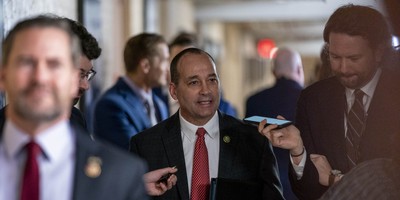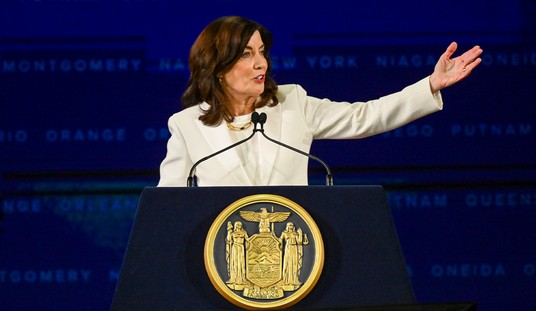The ruling had its roots in the Arab Oil Embargo of 1973, which sent the price of gas skyrocketing. Suddenly, everyone was concerned about conserving energy and Congress passed a law in 1975 requiring improved fuel efficiency over time. The law was implemented under the guidance of the National Highway Traffic Safety Administration.
Since then, the auto industry and NHTSA have periodically squabbled about just what the right requirements should be, but the results have been pretty dramatic. The average miles per gallon for all cars sold in America has nearly doubled.
Over the years, however, public interest in fuel efficiency has ebbed and flowed with the price of gasoline. Interest in fuel-efficient cars naturally goes up when the price of gasoline rises significantly. The reverse is true with lower gas prices.
The ongoing consumer interest in larger and less fuel-efficient cars has been a source of constant frustration for many environmentalists. In 2009, the Obama Administration addressed this frustration by giving the EPA a voice in the process of setting fuel economy standards. Not only that, they gave California regulators a privileged position in that process. California's role is significant because of its strong commitment to the electric car industry.
Recommended
To reduce the confusion, the auto industry worked with all three regulatory bodies and agreed to a standard set of rules designed to dramatically increase fuel efficiency and decrease emissions of greenhouse gases. Recognizing the complexity of the issue, a formal Midterm Evaluation process was established. This was to be a data-driven review to see if the original assumptions used to set those rules still made sense.
It was the Midterm Evaluation process that led to the regulatory abuse.
The EPA announced and published a timetable that produced a draft analysis last summer. A preliminary "determination" was scheduled for release in mid-2017 and a final ruling in 2018. It was a typical regulatory timetable reflecting the fact that over 1,000 pages of technical data would have to be reviewed by all stakeholders in the process. Since the new standards would last all the way until 2025, it was appropriate to provide everyone with time for review and comment.
However, immediately following the election of Donald Trump, the EPA abandoned this process. Suddenly and without notice the agency declared that there was no need to reconsider the underlying assumptions or change the standards. On its face, this is an absurd position. The declining price of gasoline along with consumer reluctance to purchase electric cars are certainly dramatic changes relevant to the field of auto regulation.
It is wrong for a government agency to arbitrarily change the process just because it doesn't like the result of an election. To re-establish the legitimacy of the process, and to uphold the rule of law, the Trump Administration should direct the EPA to adhere to the agreed upon timetable for review.























Join the conversation as a VIP Member